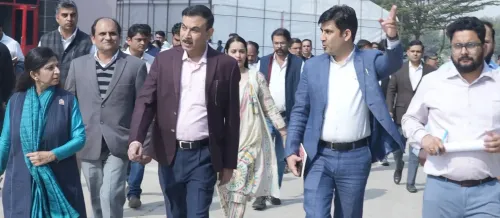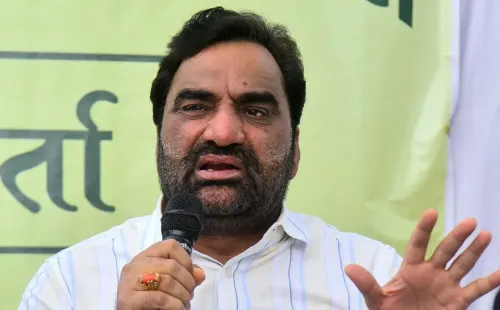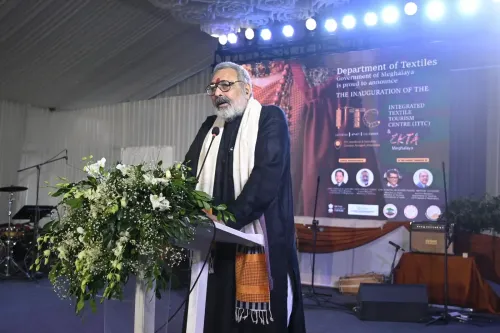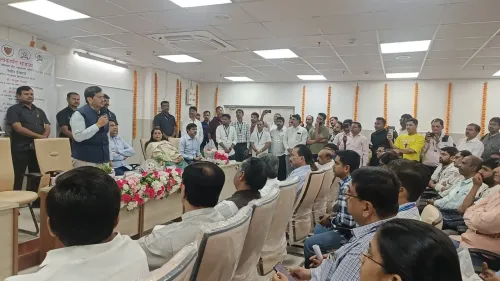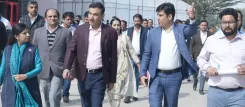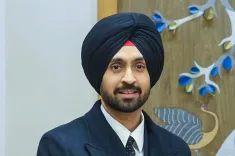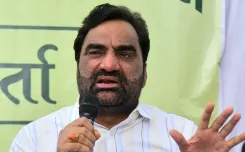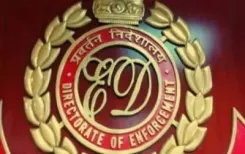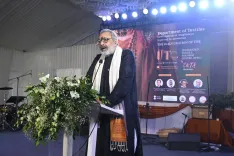Did Former J&K Governor Satyapal Malik Pass Away?
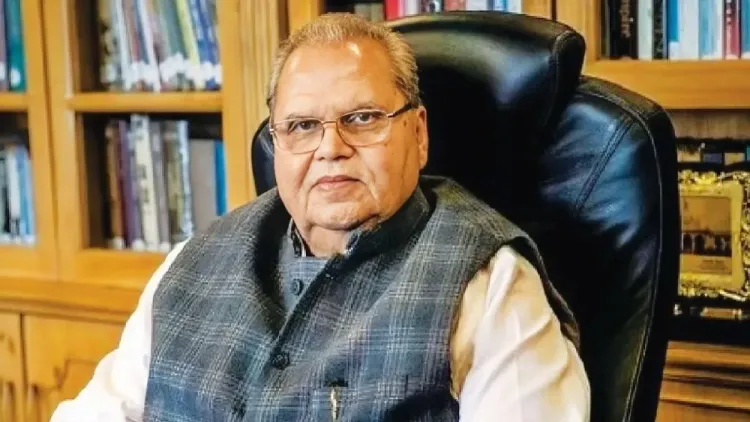
Synopsis
Key Takeaways
- Satyapal Malik served as the 10th Governor of Jammu and Kashmir.
- He played a crucial role in the revocation of Article 370.
- His political career spanned multiple parties.
- Malik passed away at 79 years after a lengthy illness.
- He also served as the Governor of Bihar and Goa.
Srinagar, Aug 5 (NationPress) Satyapal Malik, the individual who held the position of the 10th Governor of the former state of Jammu and Kashmir, has sadly passed away on Tuesday due to a prolonged illness at the age of 79.
The esteemed leader breathed his last around 1 p.m. at Ram Manohar Lohia Hospital in New Delhi, where he was receiving medical treatment.
Born on July 24, 1946, in Hisawada village, Baghpat, Uttar Pradesh, Malik completed his B.Sc. and LL.B degrees from Meerut University.
He initiated his political journey with the Bharatiya Kranti Dal, later aligning with Janata Dal, Indian National Congress, Lok Dal, Samajwadi Party, and ultimately joining the Bharatiya Janata Party.
Malik gained recognition as a member of the Uttar Pradesh Legislative Assembly from 1974 to 1977.
He served as a representative of Uttar Pradesh in the Rajya Sabha from 1980 to 1986 and again from 1986 to 1989.
From 1989 to 1991, he was a member of the 9th Lok Sabha representing Aligarh as a Janata Dal member.
Malik was appointed as the Governor of Bihar in October 2017, a role he held until August 2018. Additionally, on March 21, 2018, he took on the extra responsibility as Governor of Odisha until May 28, 2018.
In August 2018, he was designated as the Governor of Jammu and Kashmir, holding this position until October 2019.
During his term, the landmark revocation of the special status of Jammu and Kashmir occurred on August 5, 2019.
Following this, he served as the Governor of Goa, becoming its 18th governor, and was also the 21st Governor of Meghalaya until October 2022.
In the latter part of his life, Malik found himself embroiled in political controversy due to his remarks and interviews criticizing the central government.
He maintained silence regarding the events of August 5, 2019, despite later revelations indicating that just two days prior, he had signed a letter authorizing the abrogation of Article 370 as the constitutional head of Jammu and Kashmir.


